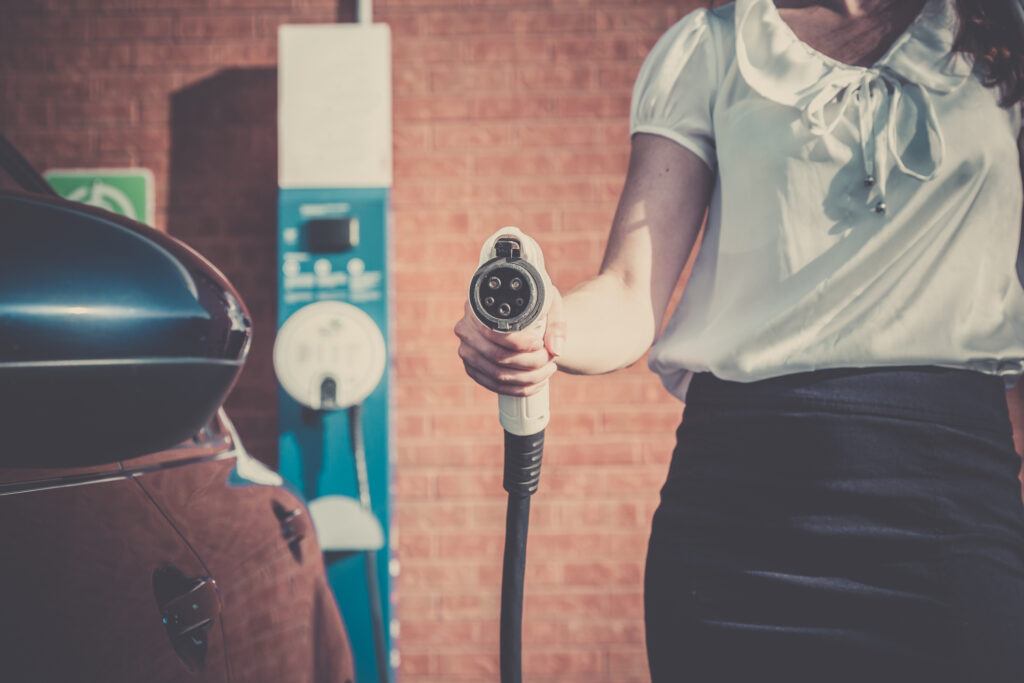More than two-fifths (42%) of electric vehicle (EV) drivers are being exposed to higher charging prices due to a lack of dedicated home charging points.
New research from Delta-EE found that less than 50% of EV owners use a time-of-use tariff that would allow them to benefit from cheaper overnight prices, and just three in ten had a specific EV tariff.
The research backs up that of Cornwall Insight, which in March suggested that only a quarter of private EV drivers are on time of use tariffs in Britain, concluding that high wholesale prices and volatility could limit uptake.
“At a time where the cost of fueling an average family car in the UK has soared to over £100, EV’s deliver huge running cost savings for EV drivers, despite their higher upfront cost,” said William van der Byl, EV charging service manager at Delta-EE.
“At an average cost of 190p per litre, a family could spend £104.50 to fill up the car and provide just 484 miles of range at 40 miles per gallon. However, for an equivalent EV and average battery size it would cost just £28 to fully charge the car. Scaling this up to £104.50 means that an EV car would be able to travel 1,079 miles for the same cost.”
The research and consulting company surveyed 1,169 EV owners across eight European markets; the UK, Germany, Spain, France, Italy, Netherlands, Norway and Poland. Delta-EE found that of those who didn’t have a dedicated home charging point, 24% were planning to have one installed soon, while 14% didn’t think there was a need for one as a regular electric socket was sufficient. Similarly, 14% stated that a dedicated EV charger was too expensive.
Sales of EVs are continuing to surge despite supply chain issues, inflation and the cost of living crisis. Across the EU sales jumped by over 53% in the first quarter of the year, while petrol and diesel car sales both dropped.
In the UK, 92,512 BEVs were sold as of the end of May, a 71.2% year-on-year rise. Market share has also risen from 7.5% to 14%.
There has also been an increase in the number of EV specific tariffs available, including EDF’s GoElectric 35 tariff, which offers an off-peak rate of 4.5p/KWh, Good Energy’s Green Driver tariff and the Zap-Flash tariff, which offer free periods of charging, and E.ON’s Next Drive tariff, which allows EV drivers to charge at a fixed price of 4p/kWh between midnight and 4am.
Van der Byl added that while EV chargers need to be rolled out at homes quickly, it is also important that those who cannot install one are disadvantaged as little as possible.
“This means providing access to convenient and low-cost charging at places of work as well as cheap, overnight on-street charging,” he said.
“One quick win to make public charging more price competitive is to lower the electricity VAT rate to be in line with that of home electricity (i.e. reduce it from 20% to 5%). Another industry change to make public charging more convenient is to ensure interoperability amongst public chargepoints so an EV driver can access all public chargepoints in the UK with only one subscription/app/RFID card as is commonplace in Europe.”
Delta-EE was acquired by consultancy firm Lane Clark & Peacock in April, with the two combining their coverage.






